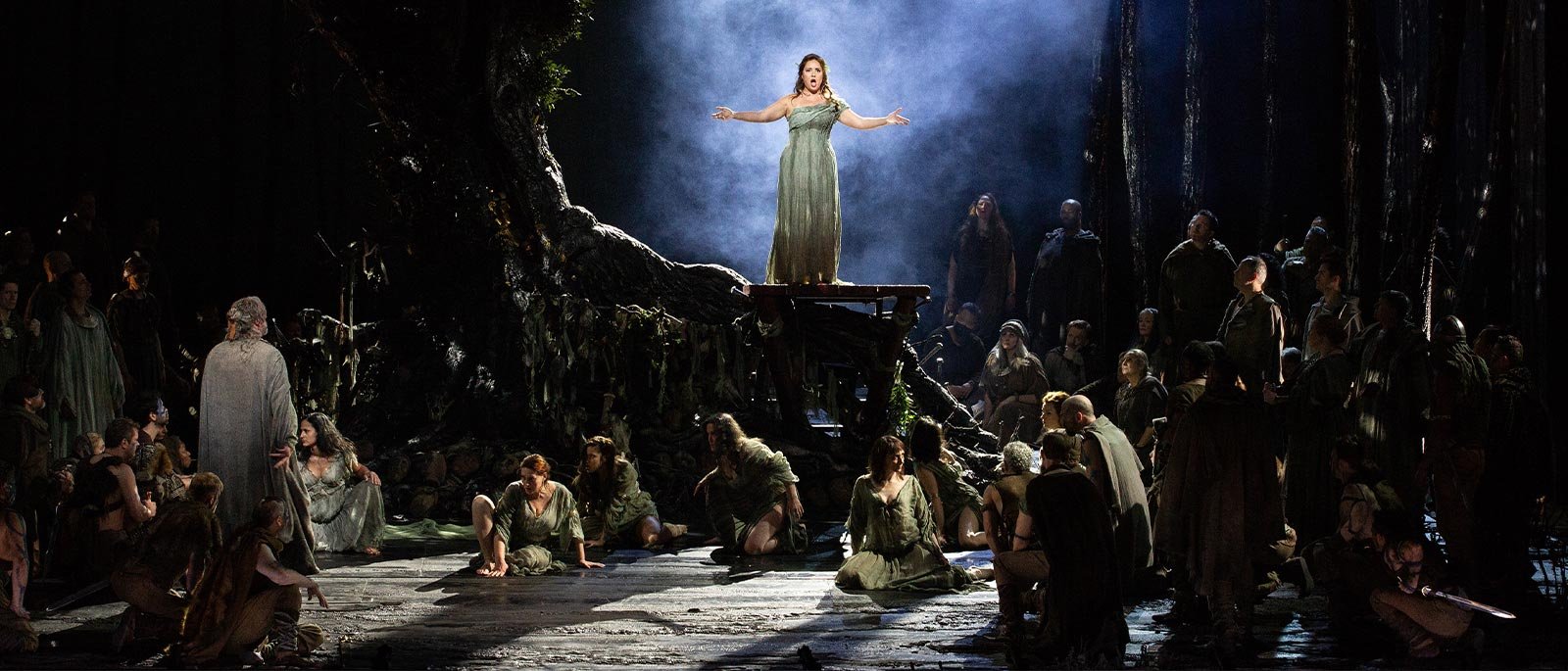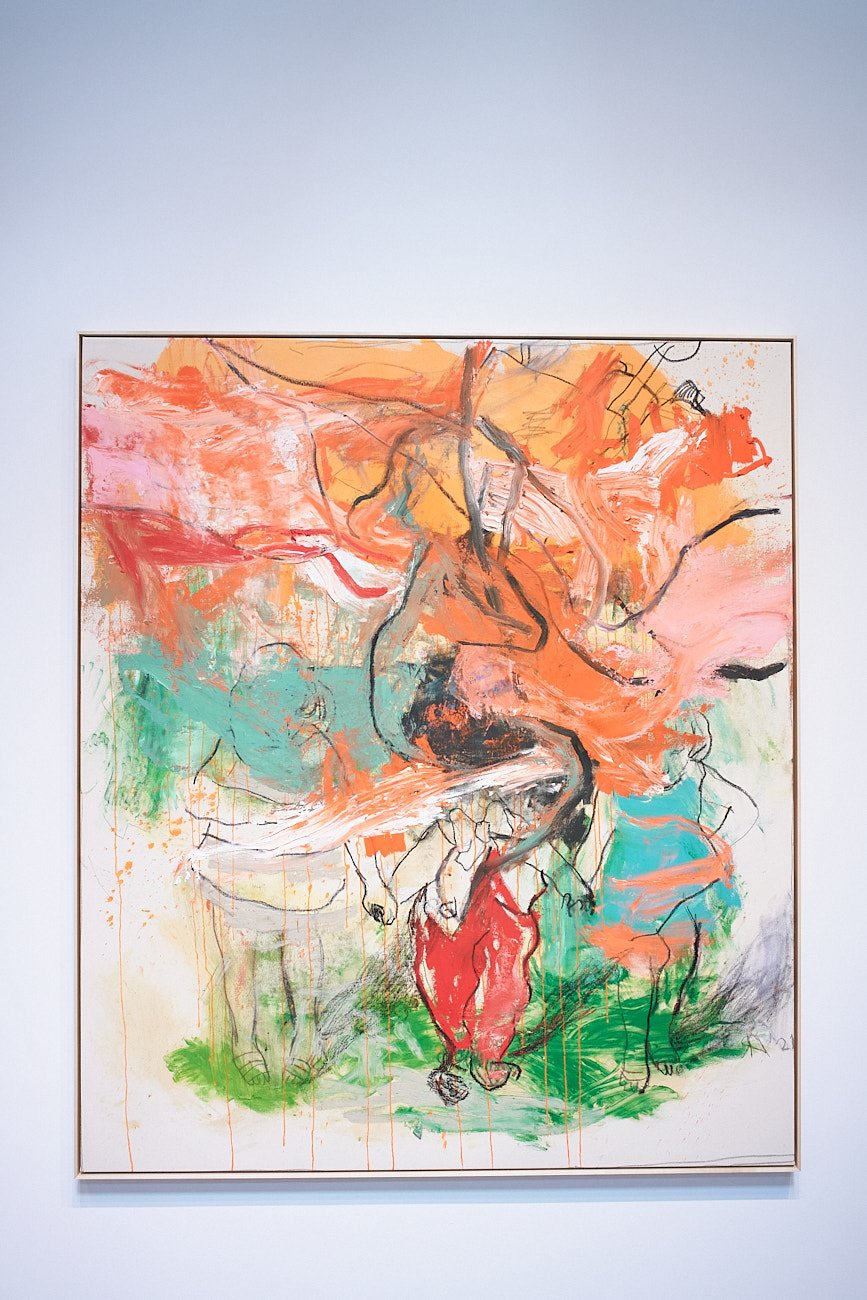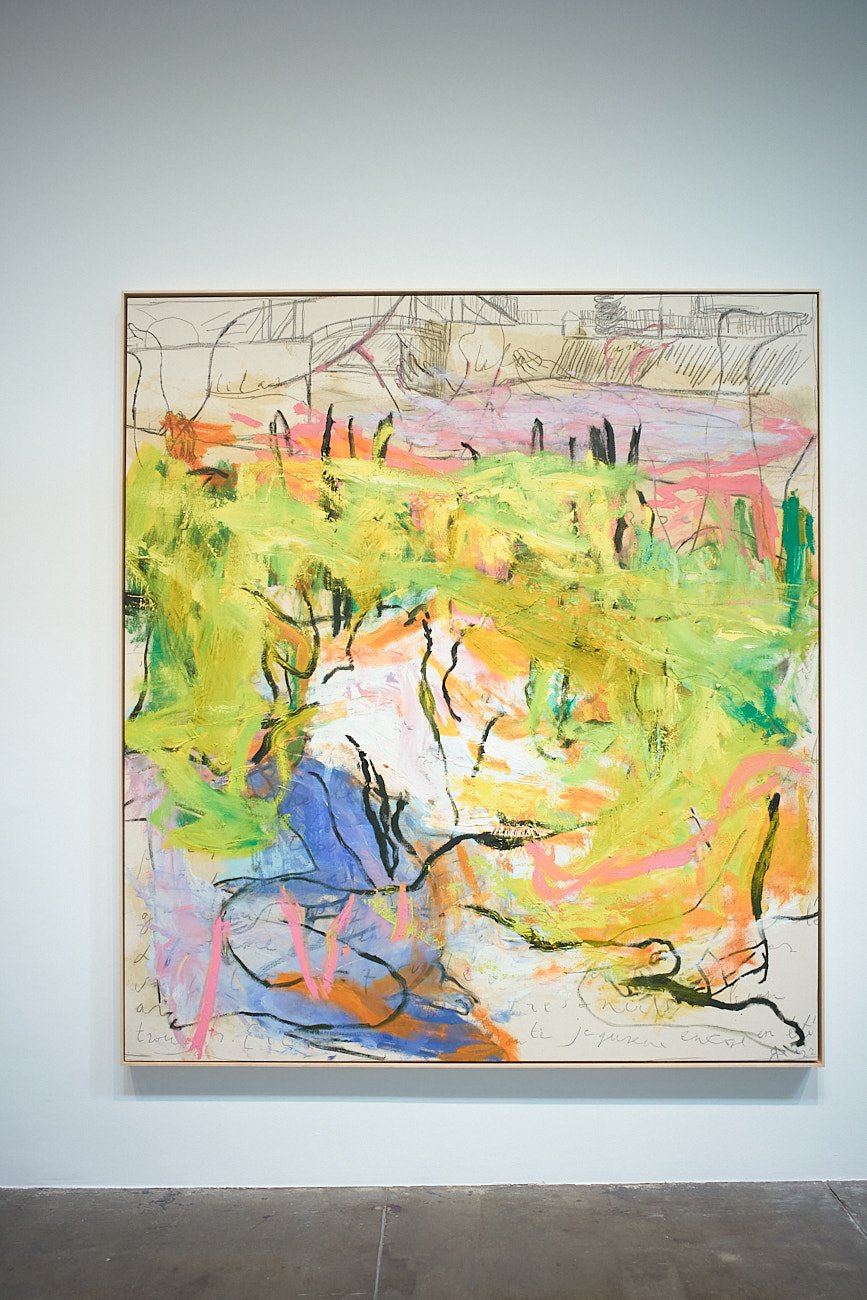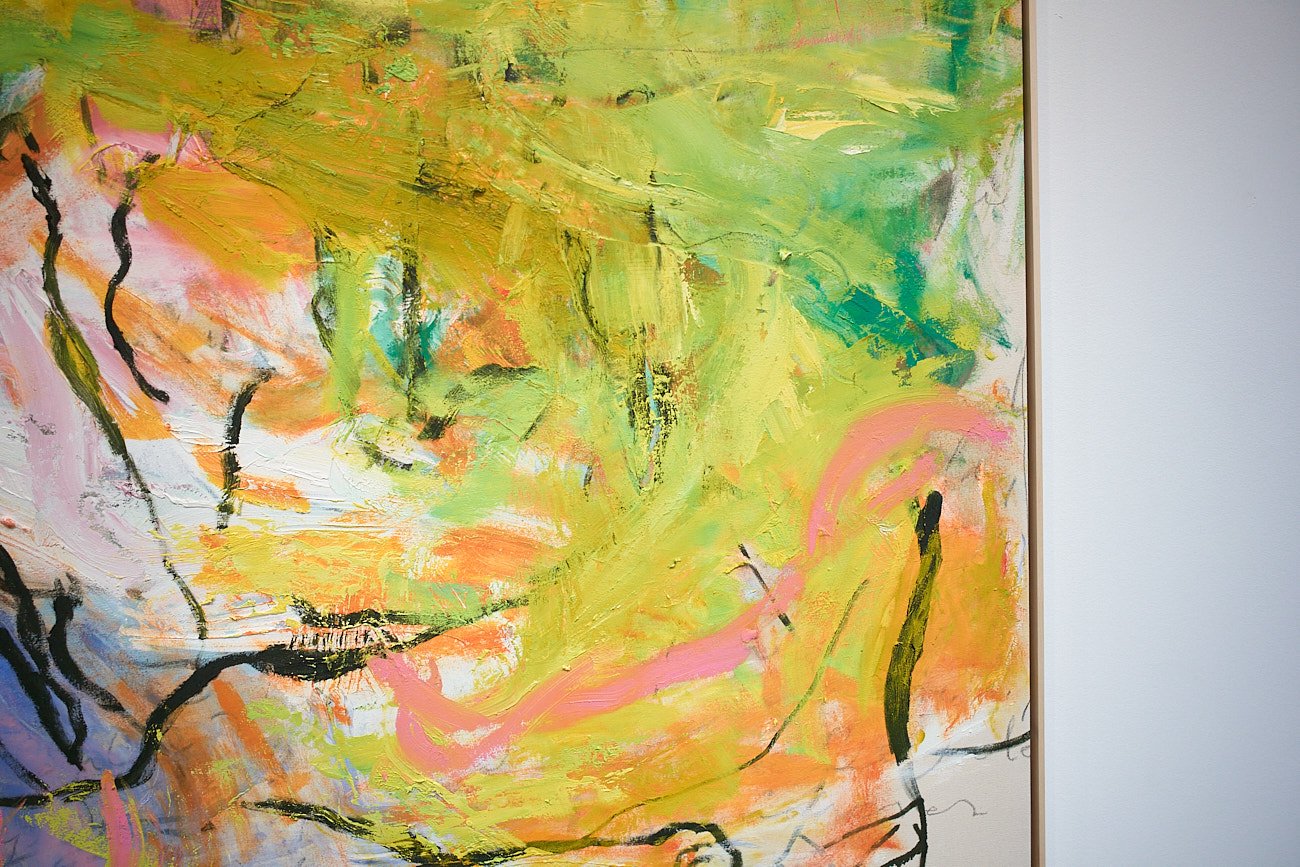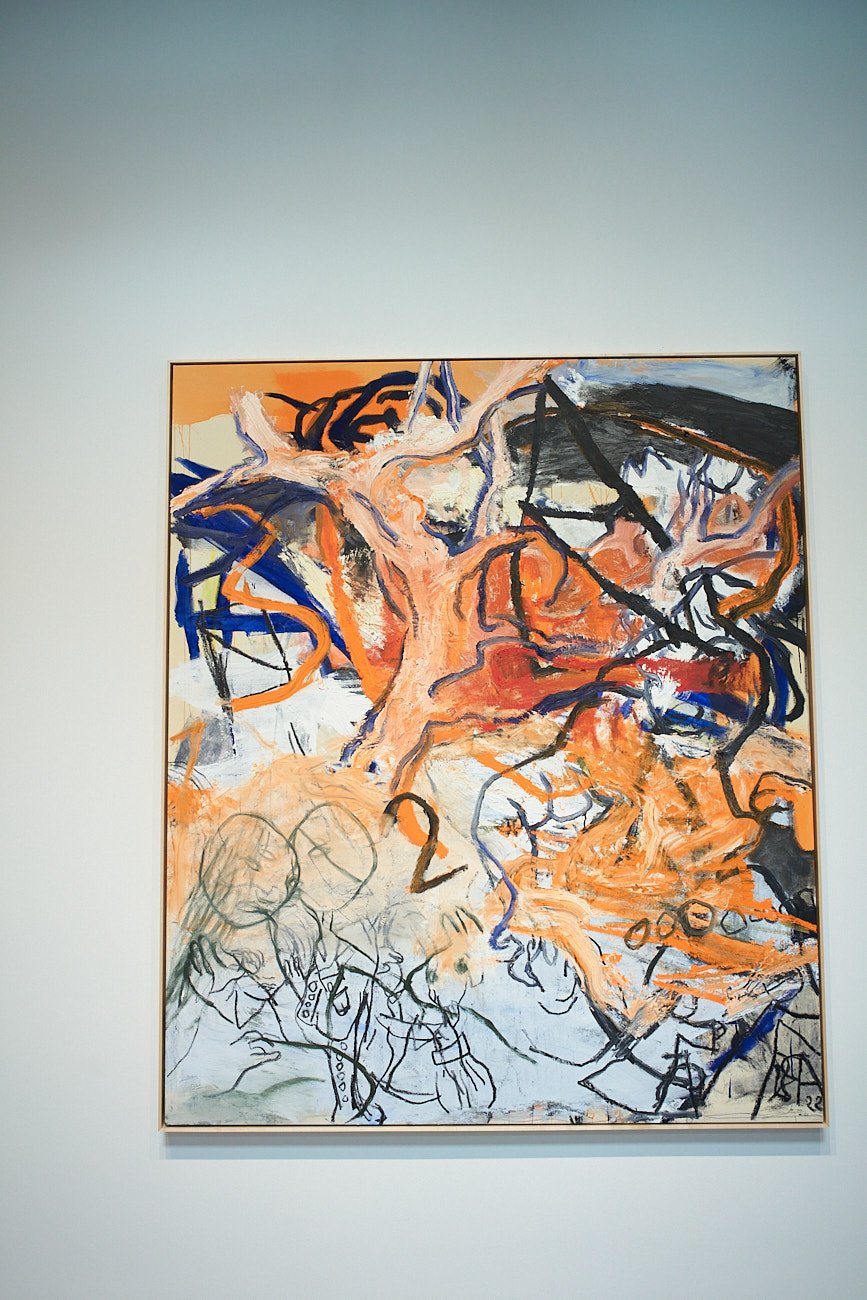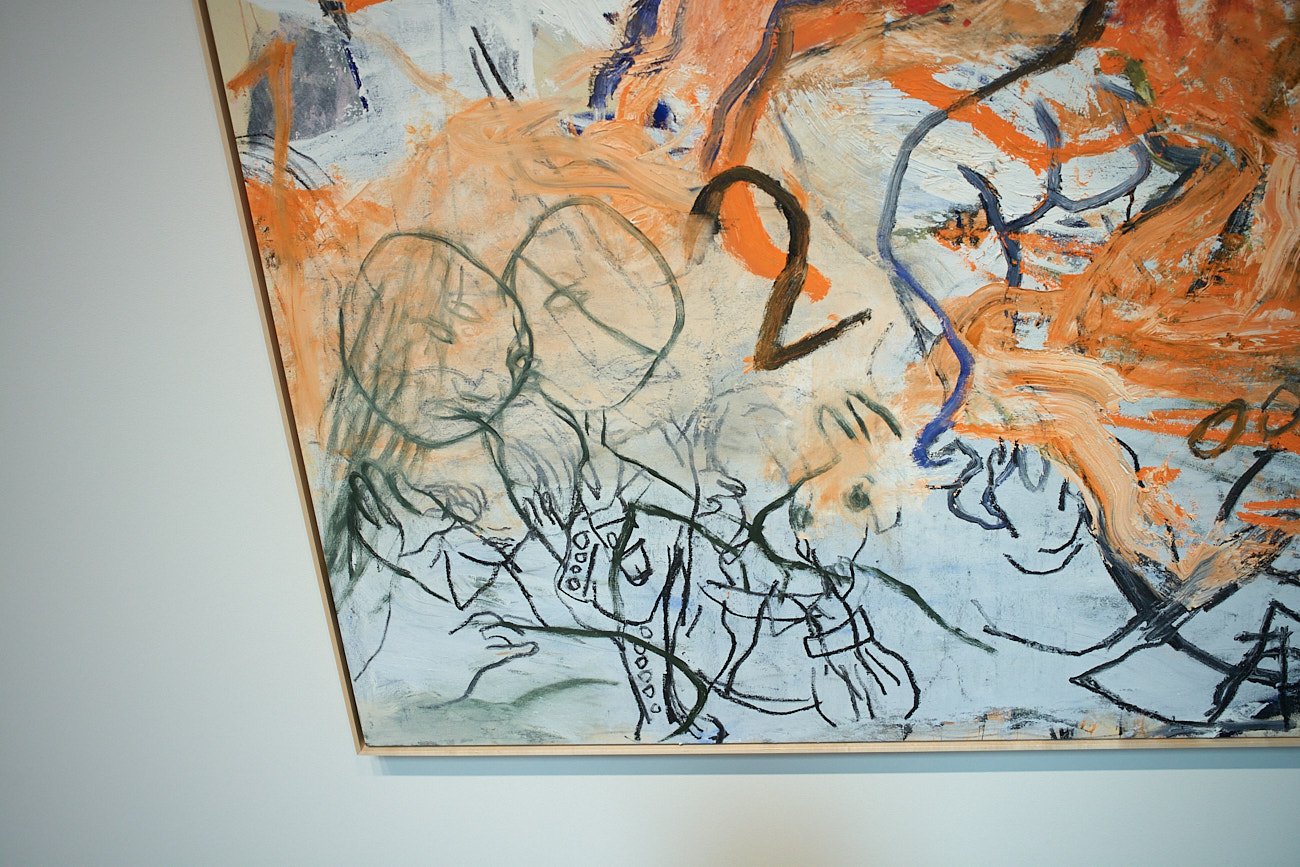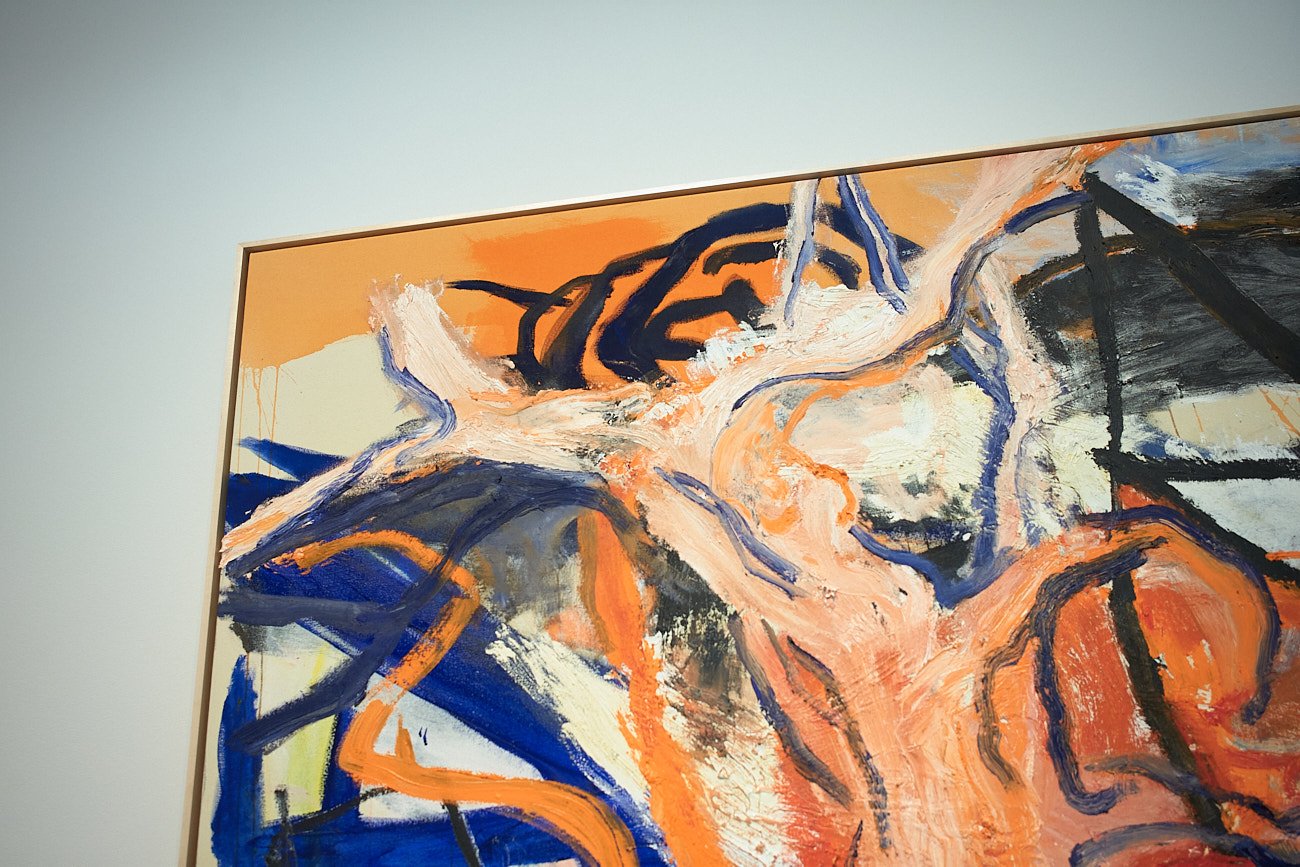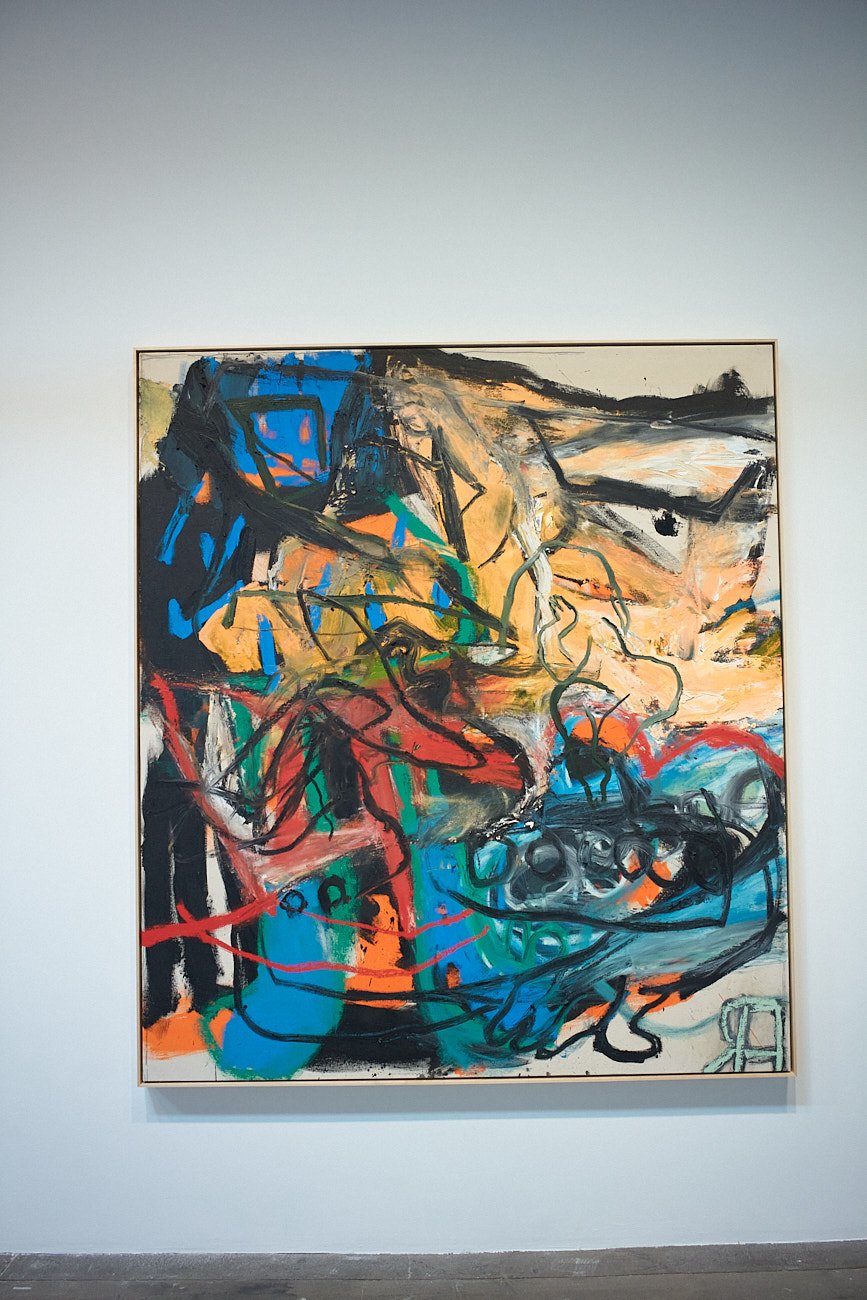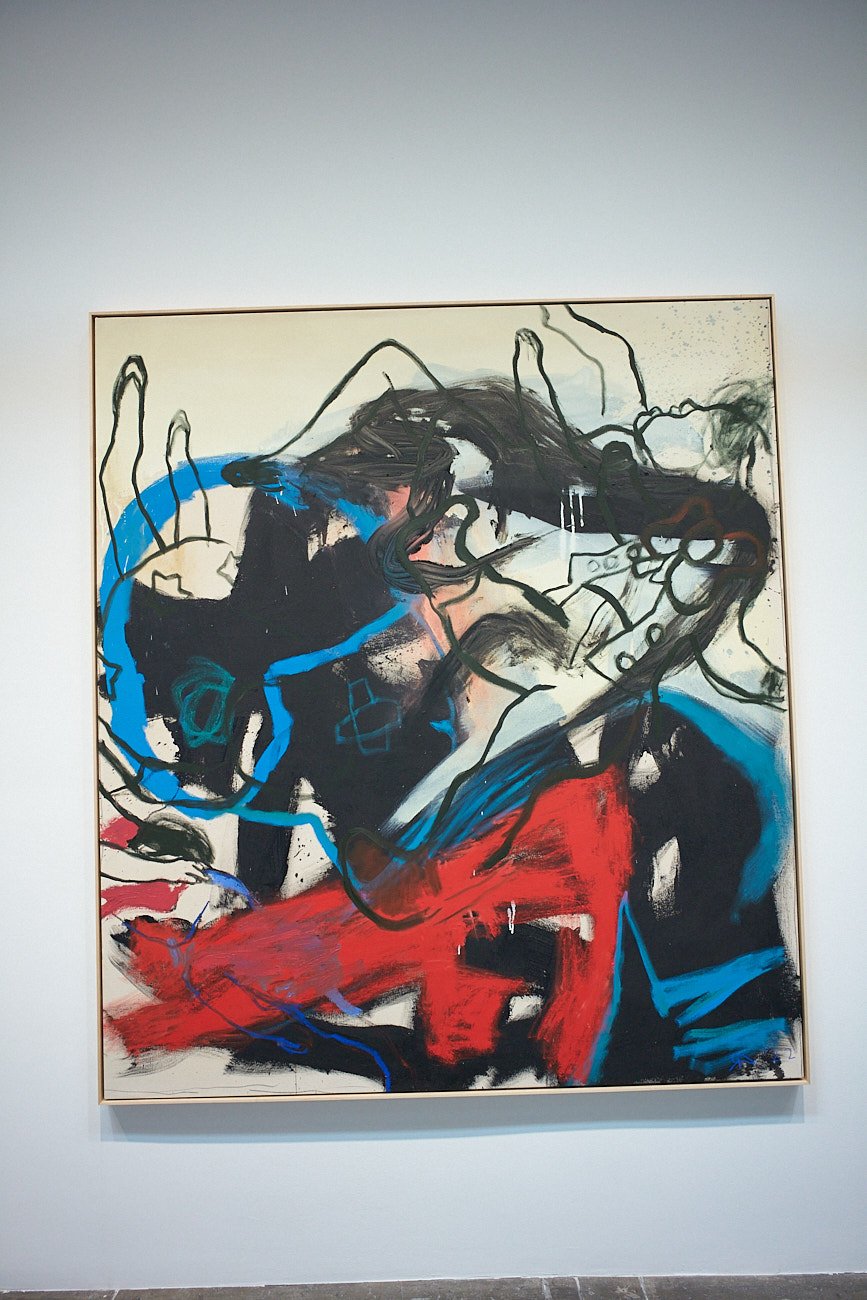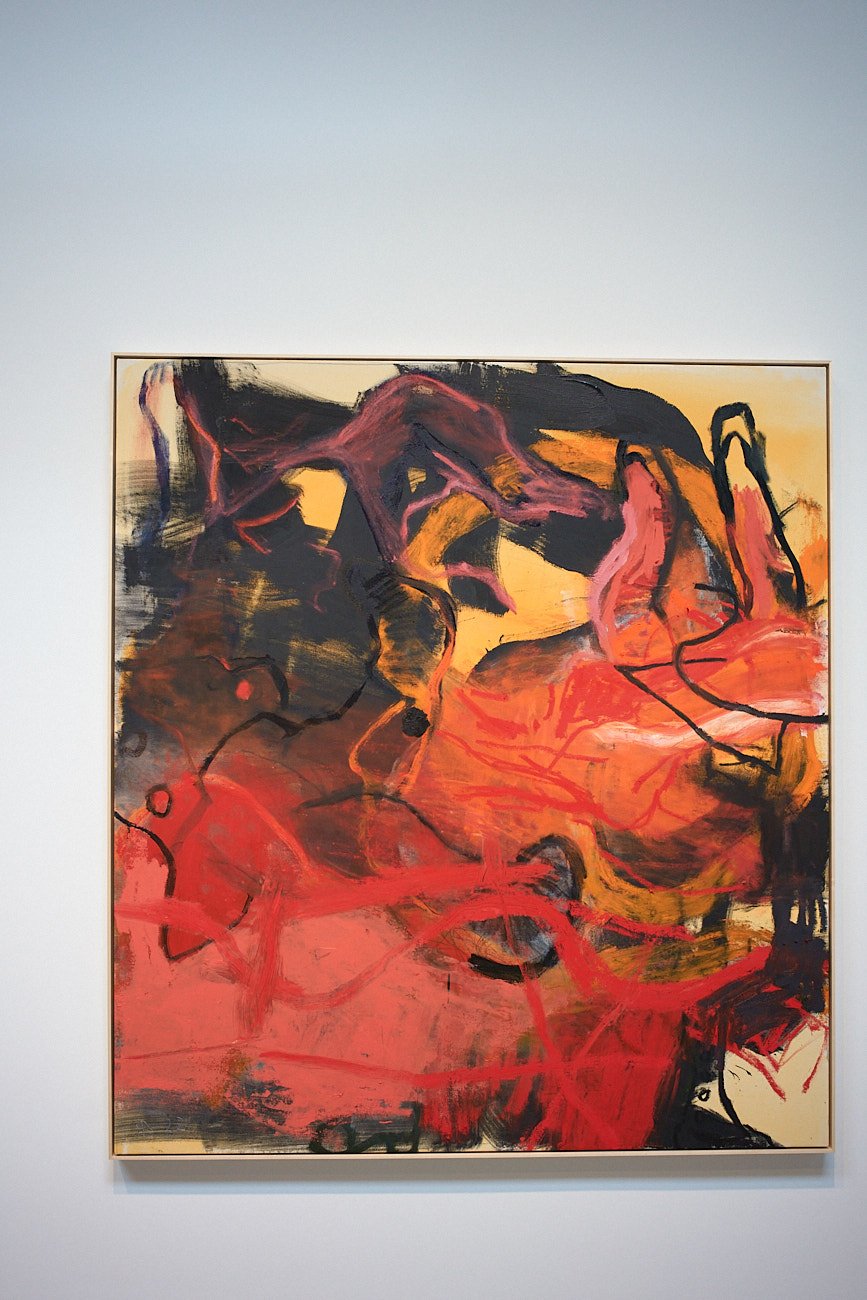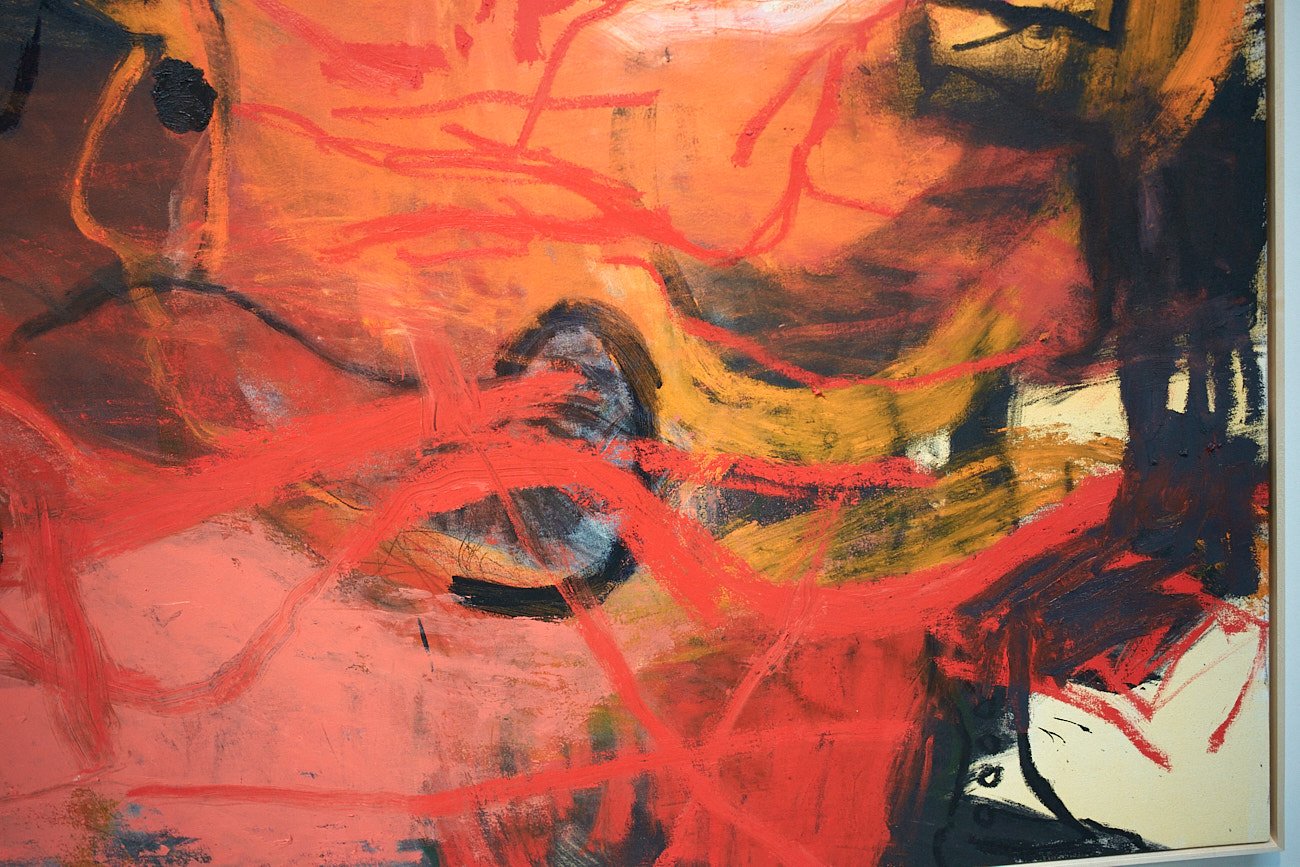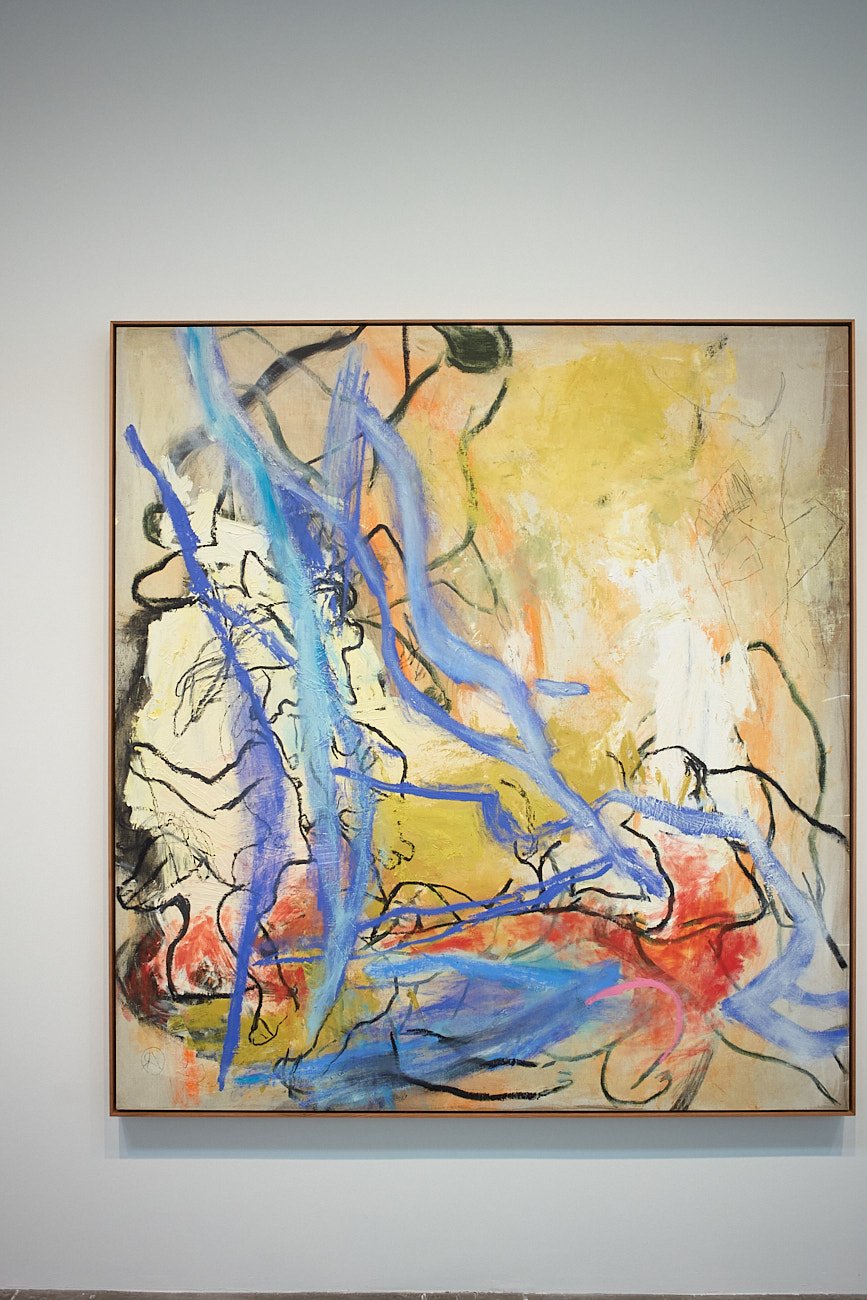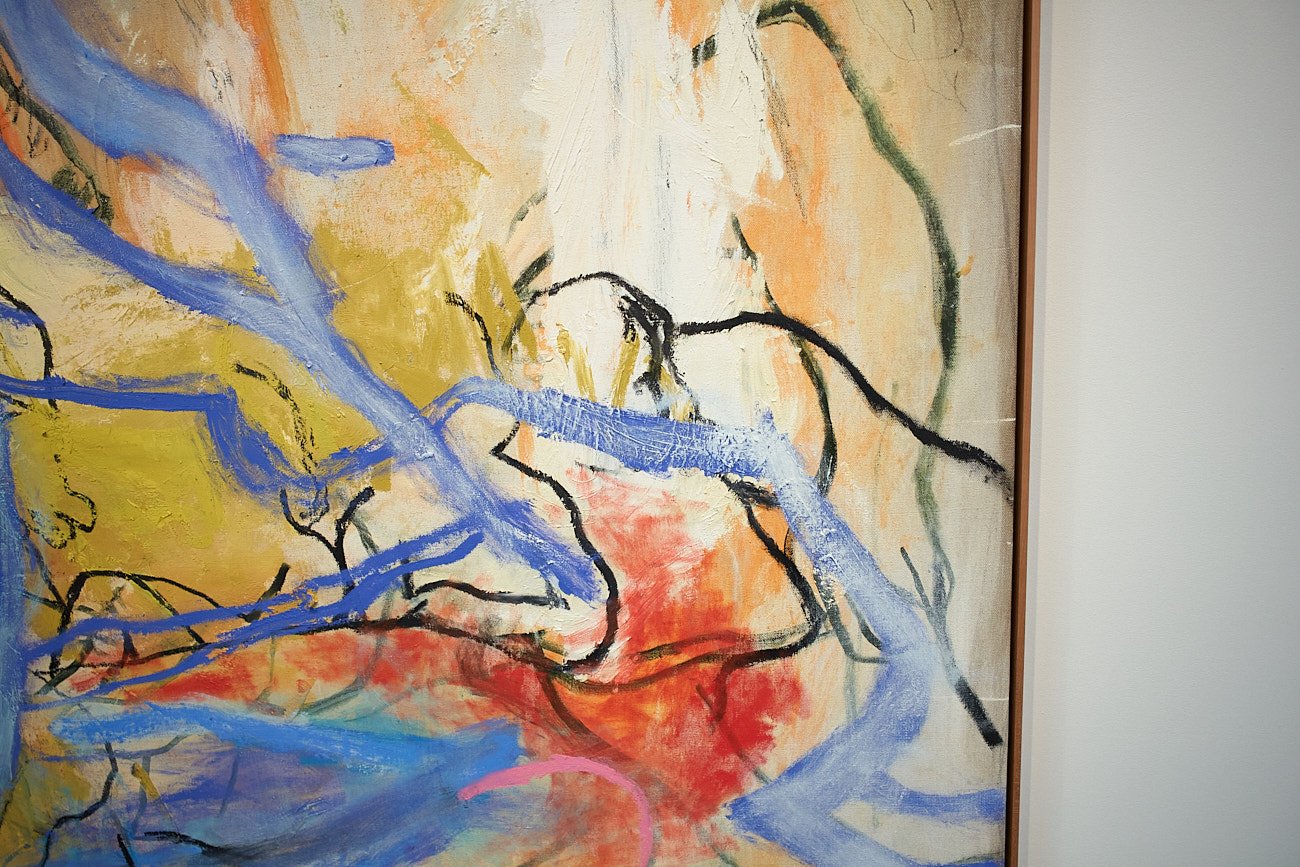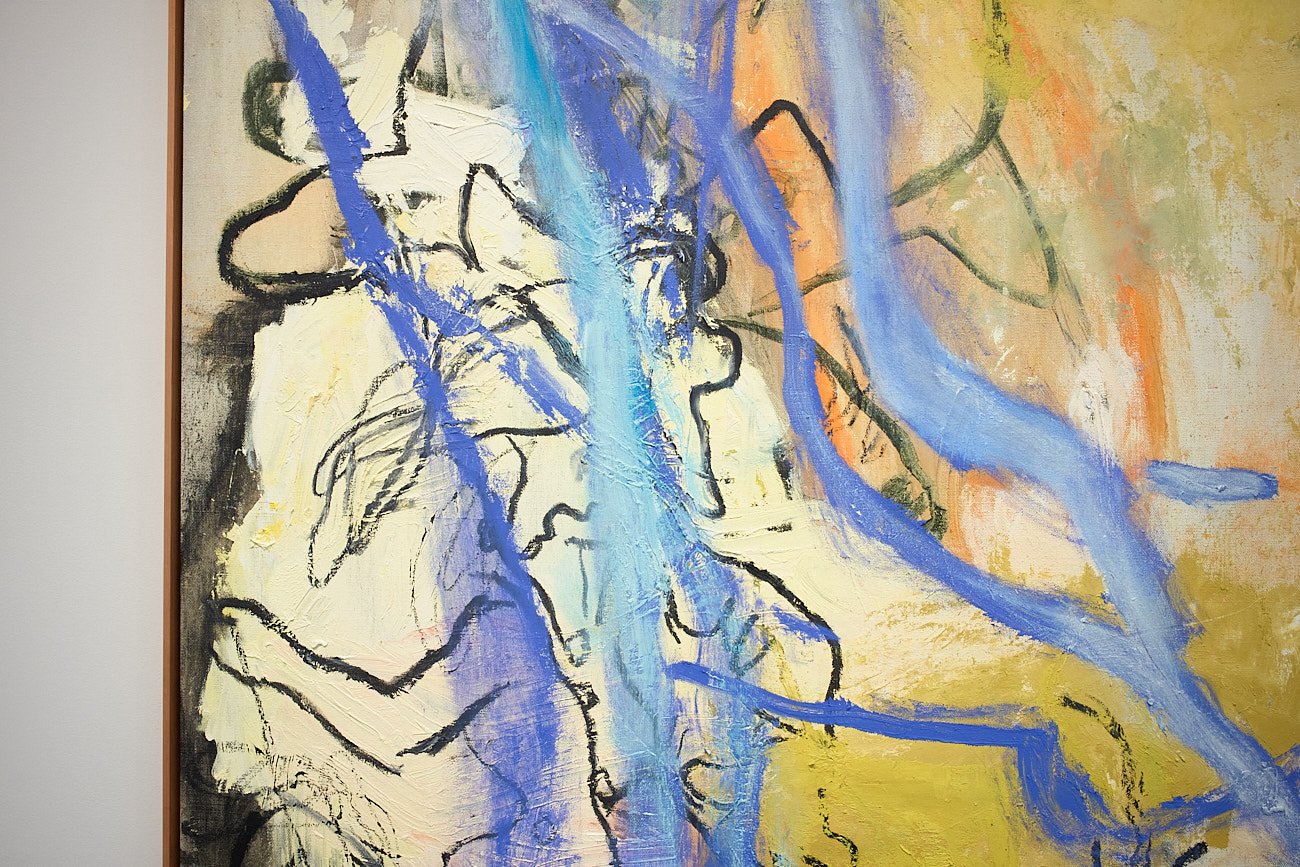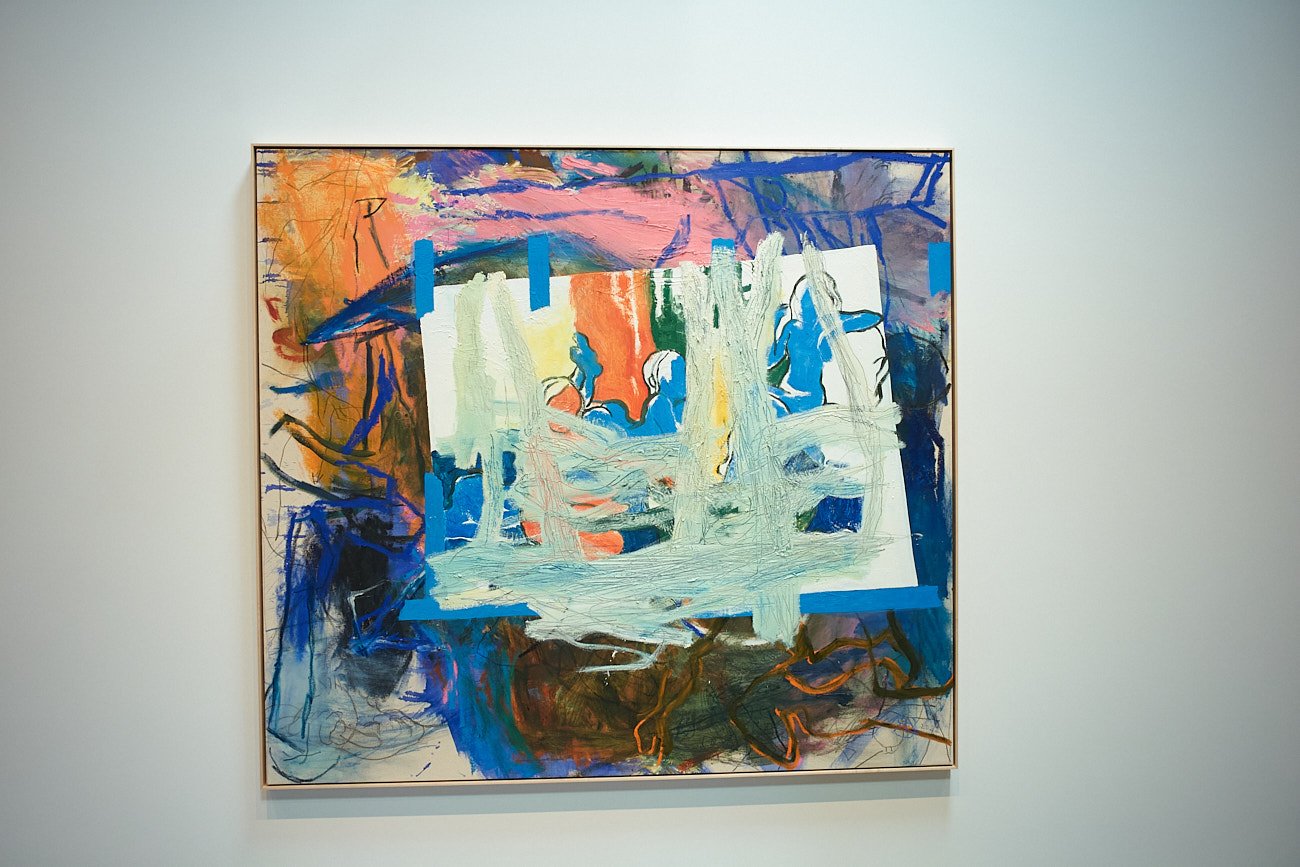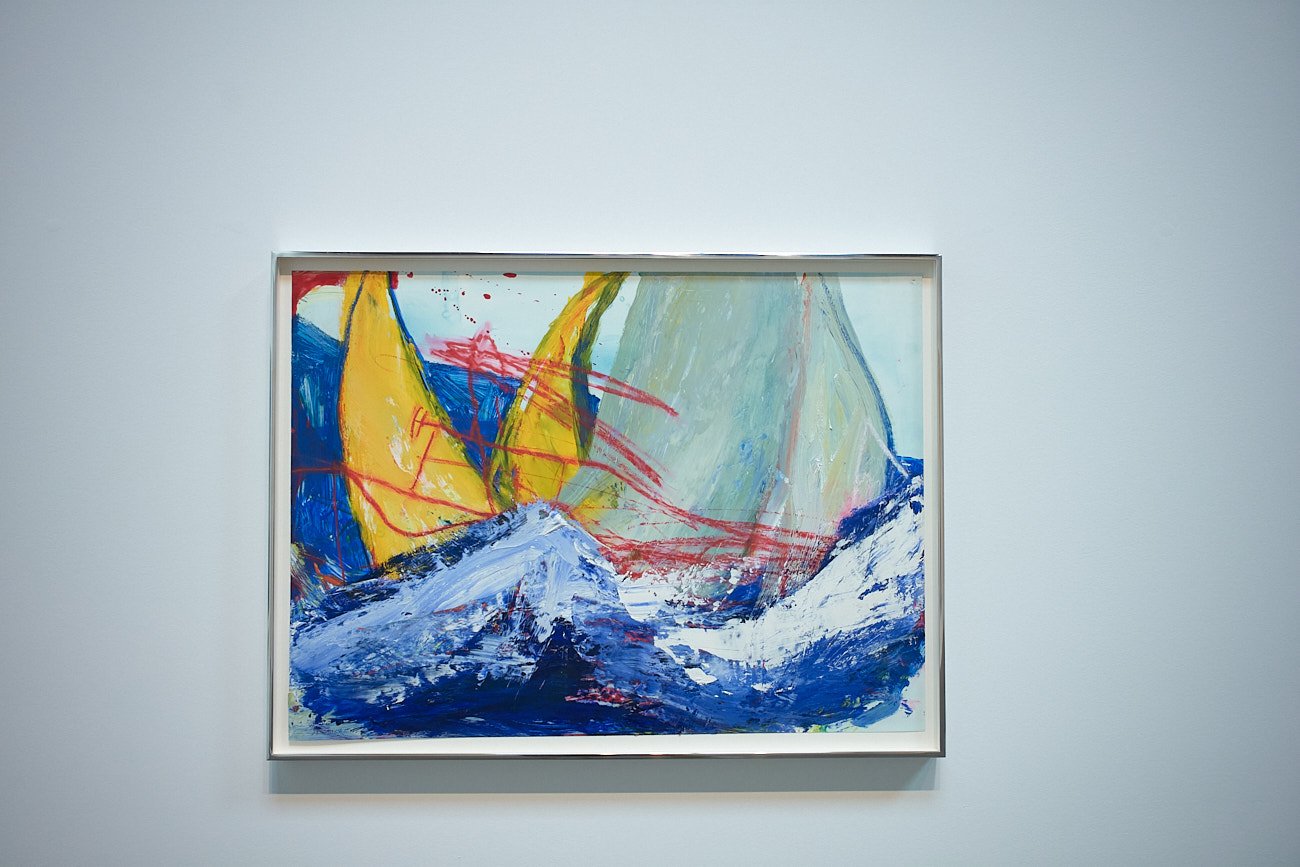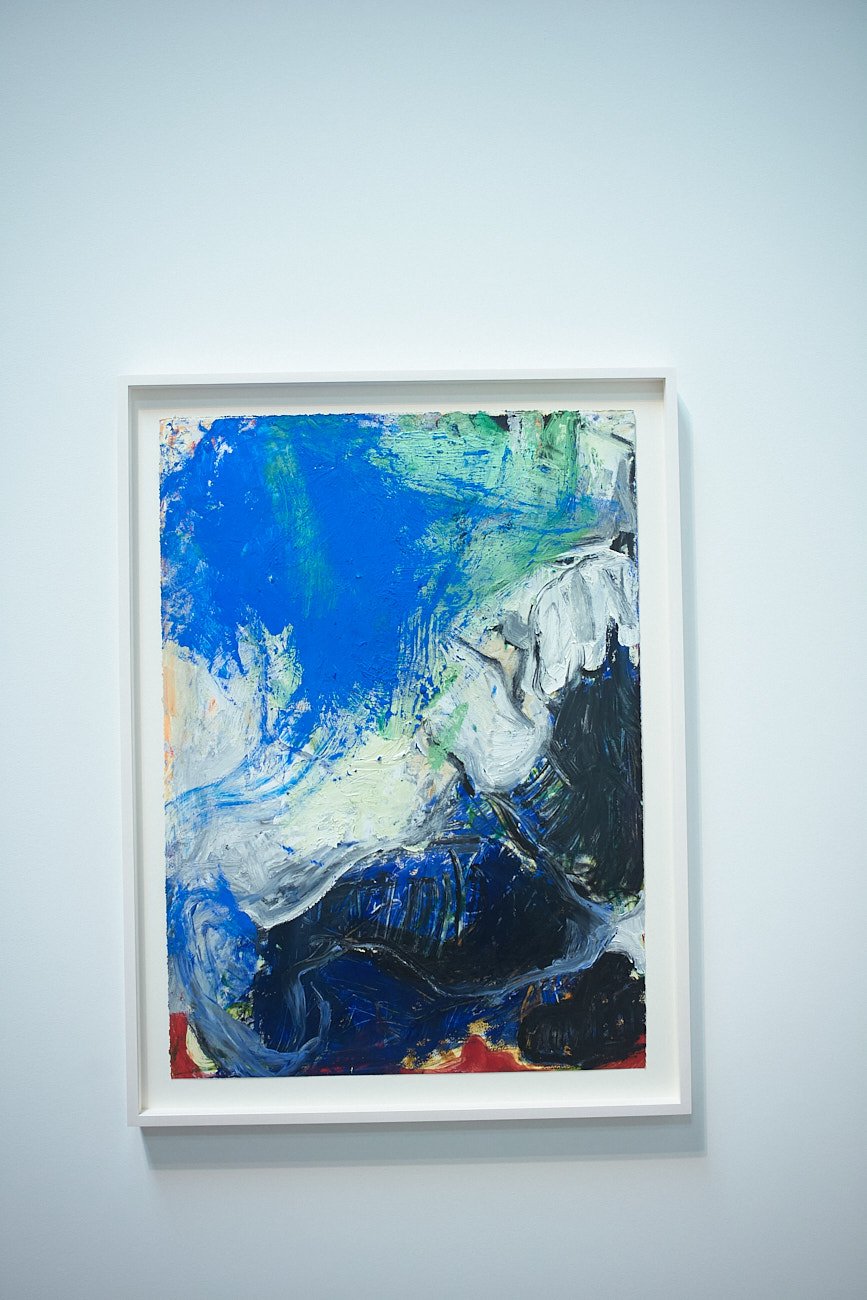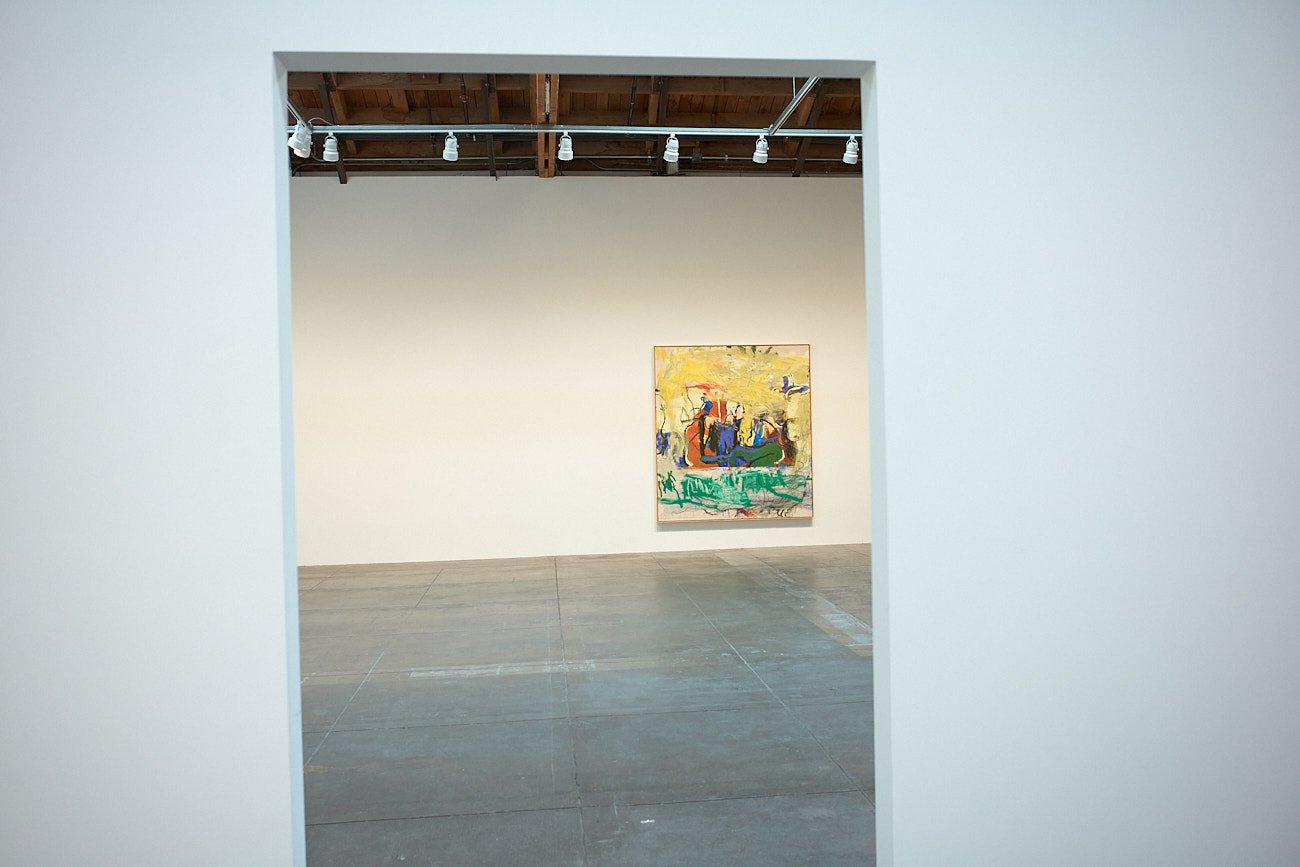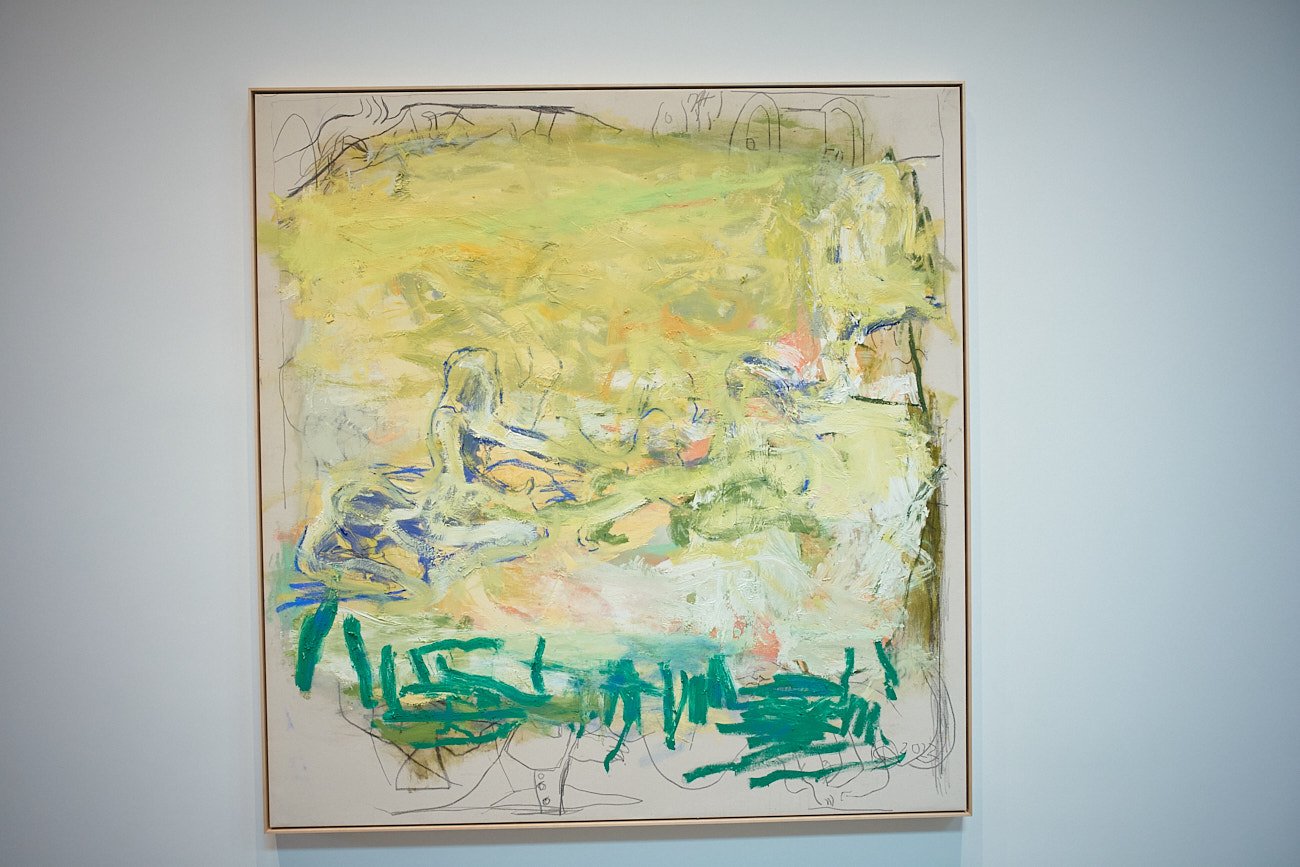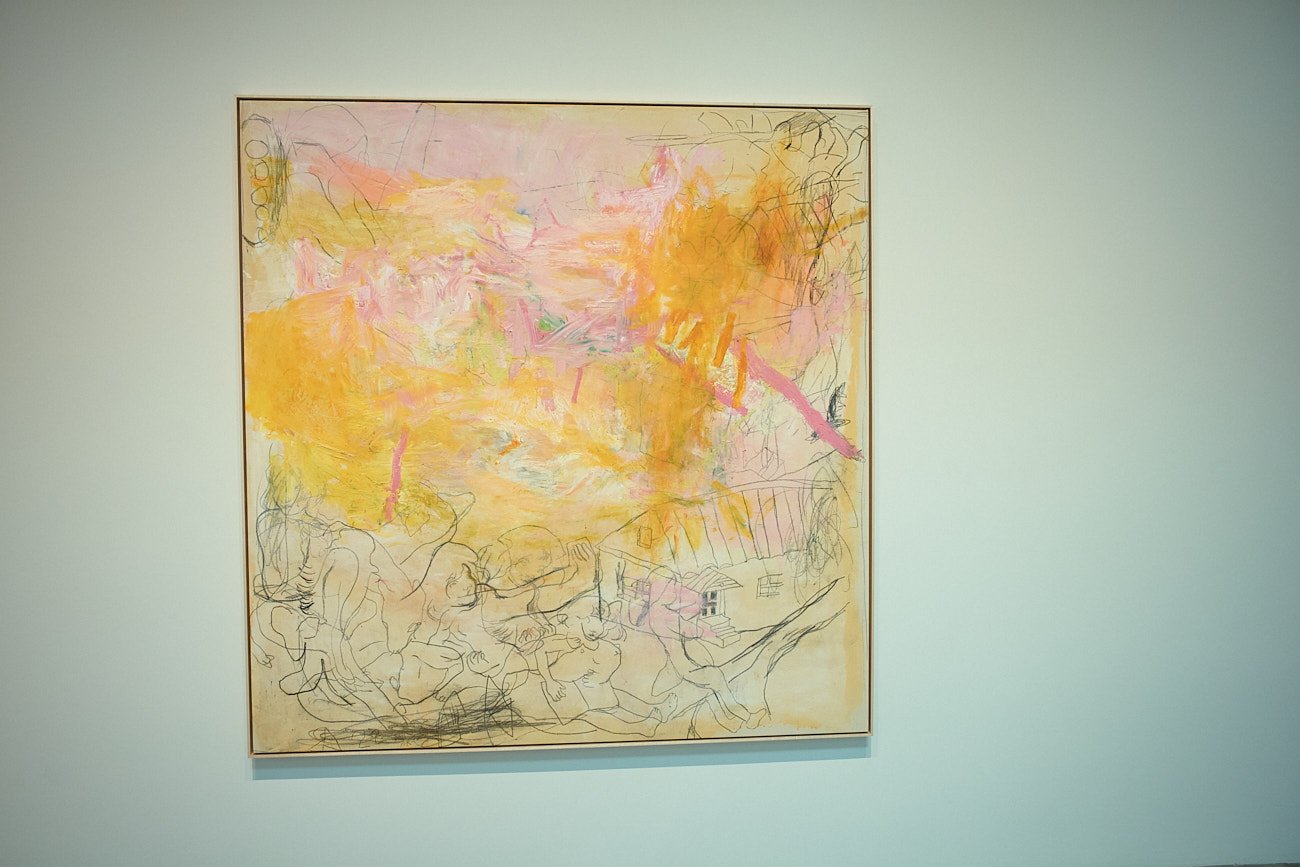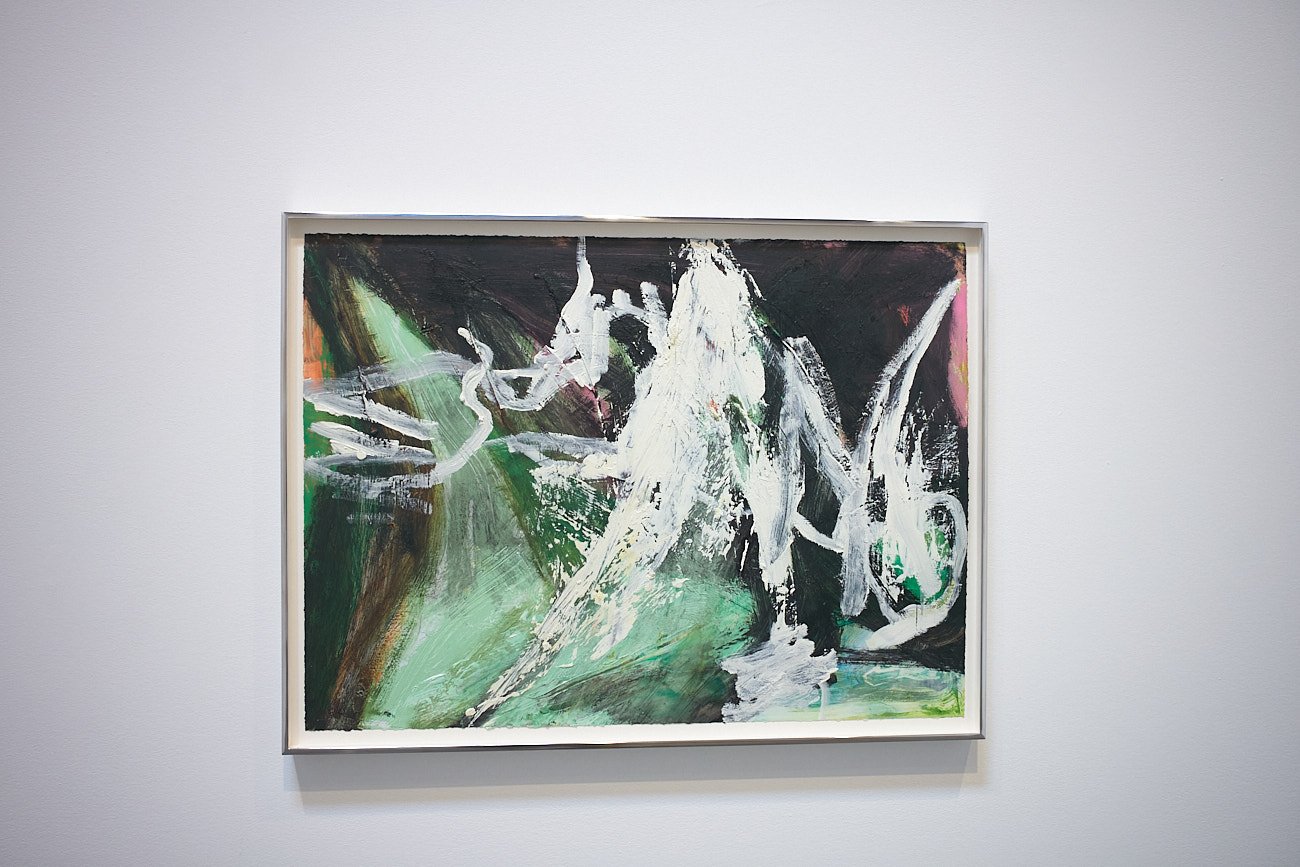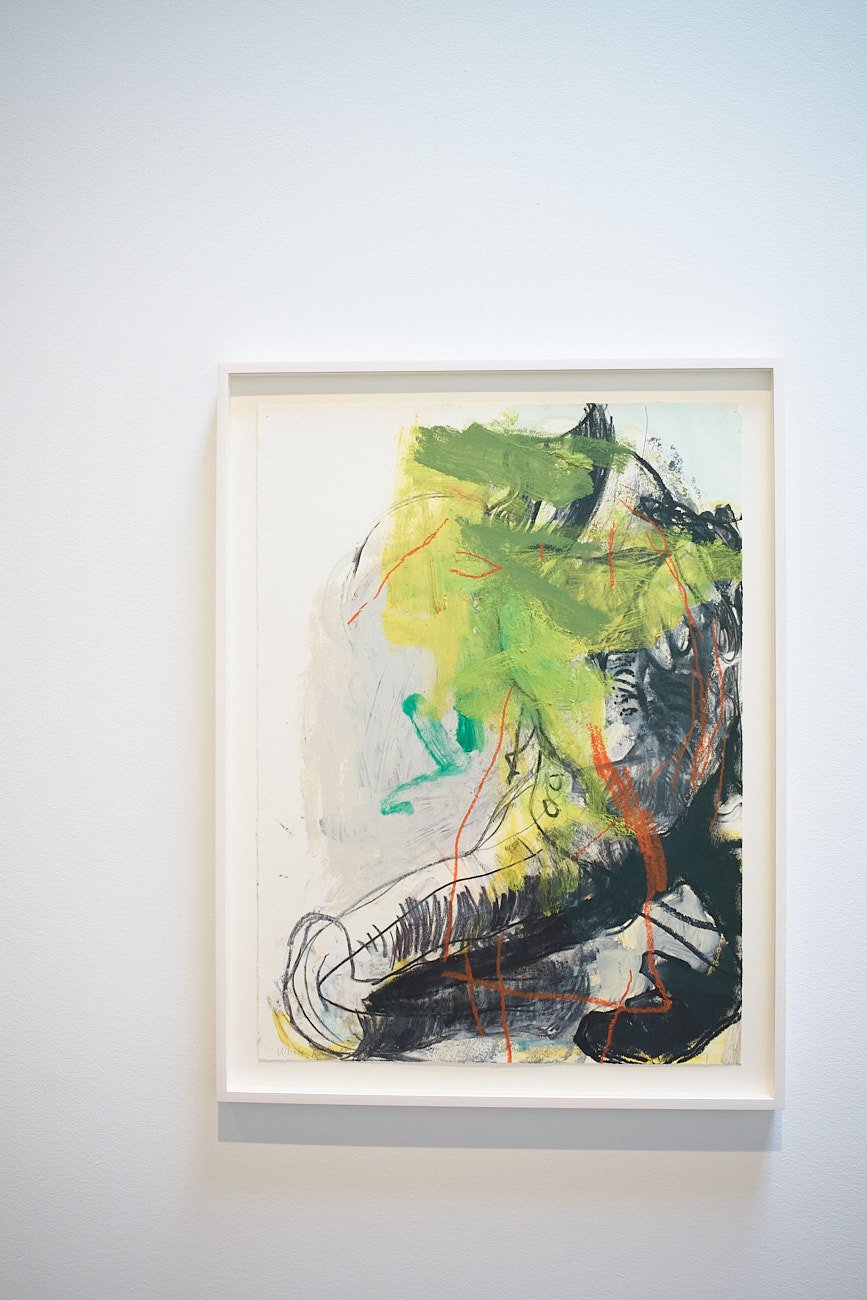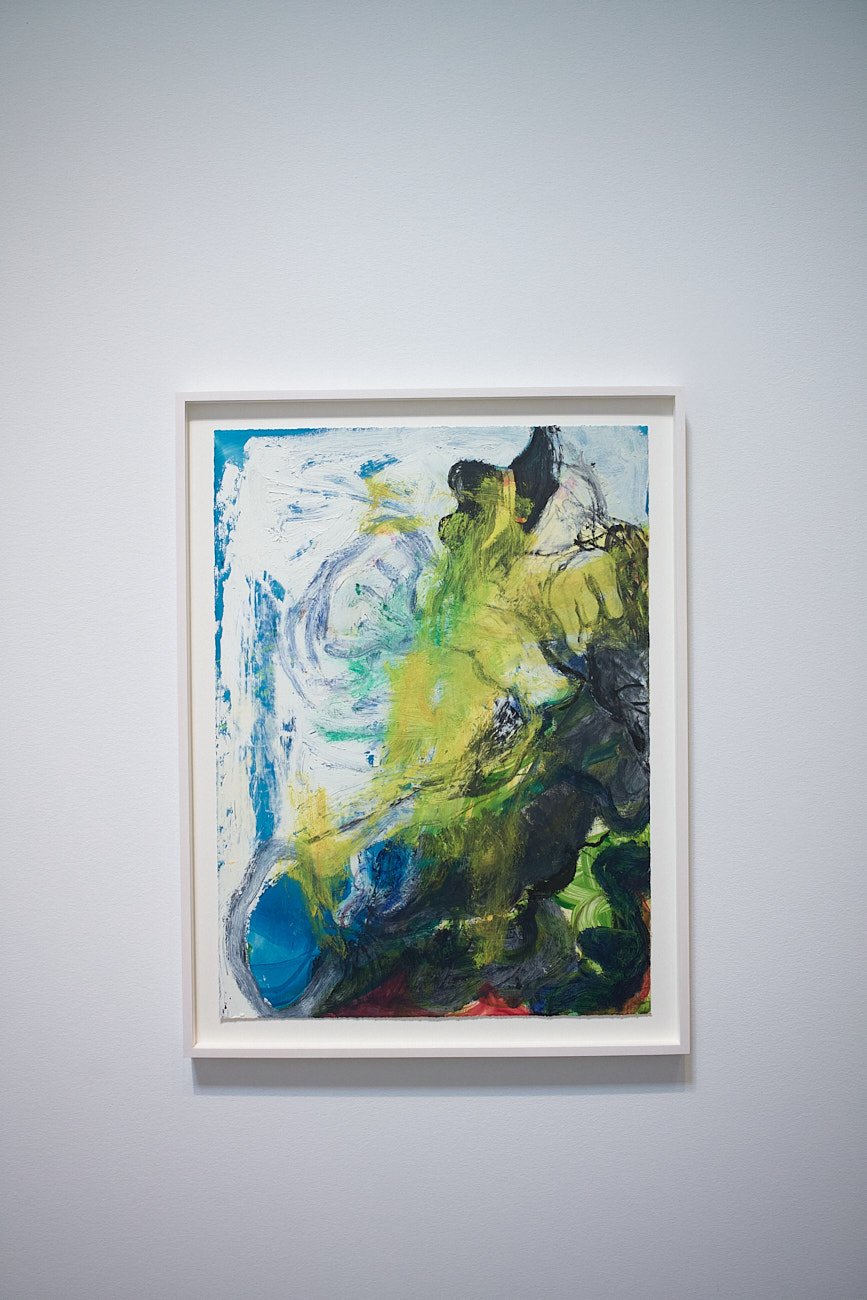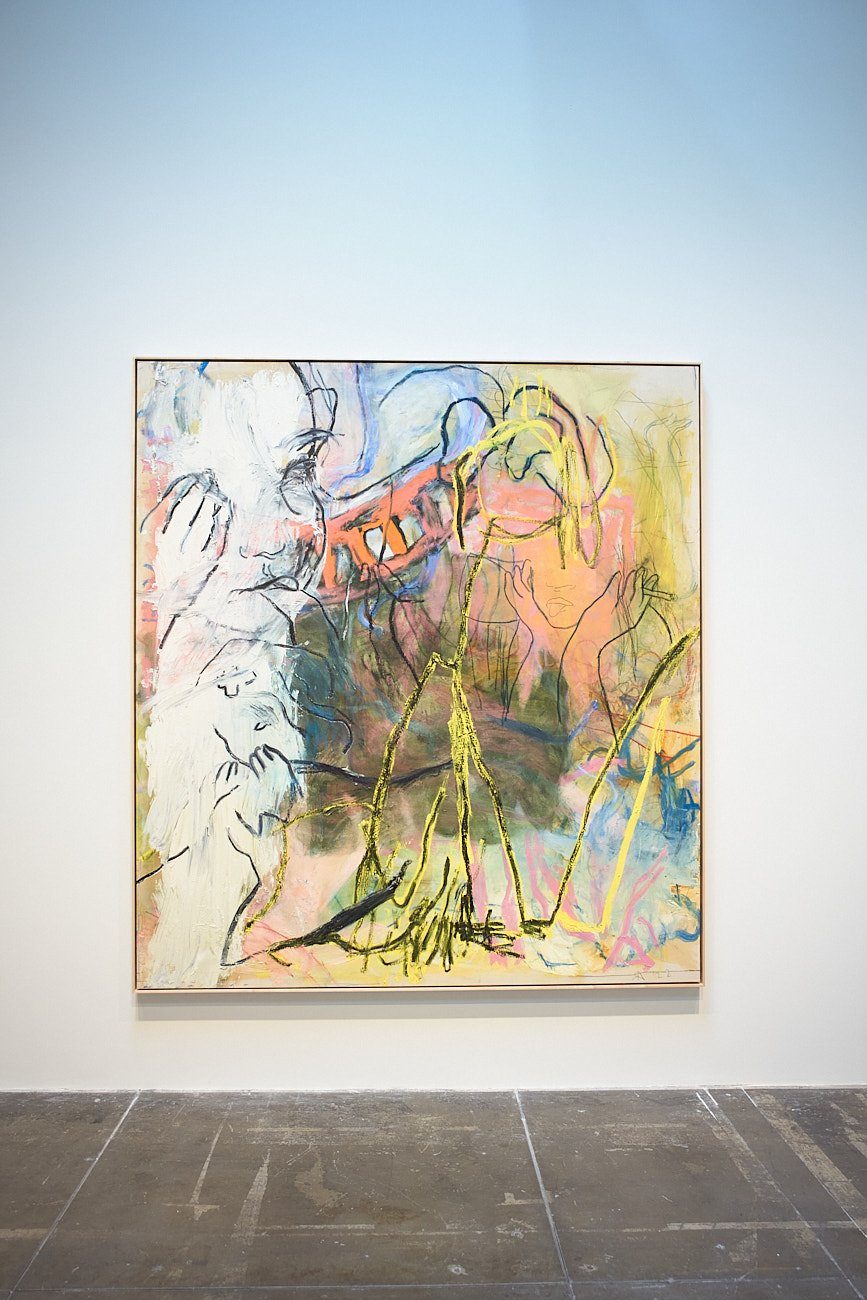George Frideric Handel
Belini's Norma
Vincenzo Bellini (1801–35)
World premiere: Teatro alla Scala, Milan, 1831
Strauss Der Rosenkavalier
Full recordings
Questions are the new answers
Came across this thought: ‘questions are the new answers’, which sounded immediately interesting.
Here’s the Youtube clip.
The art of asking the right questions | Tim Ferriss, Warren Berger, Hope Jahren & more | Big Think
Thought I’d writeup the key points here:
Questions are becoming more valuable than answers
A lot of the time breakthroughs at the root of an innovation and research findings there is a great question.
Questions enable us to organize our thinking around what we don’t know.
In a time when so much knowledge is all around us, answers are at our fingertips, we really need great questions in order to be able to know what to do with all that information, and find our way to the next answer.
You can see those things you’ve been seeing a little differently.
Curiosity question. A question that a child might come up with.
The initial curiosity driven question can be turned to other experts who know how that might play out into something that is important to the marketplace.
There is no substitute to the first step, the little kid question.
The issue is that schools value the answers and there is almost no value placed on asking a good question.
Start by asking a naive question to yourself, and let them play out. That process can take us to something that is more concrete, actionable.
Questions are often at the root of innovation.
A survival skill for all of us.
A tool.
Asking dumb questions can become a superpower.
‘I don’t understand, please explain that’
Absurd questions. Example, ‘if you had to accomplish all of your work or grow your company 2X while working two hours a week. If you had a gun against your head, how would you attempt to do that?’ These absurd questions don’t allow your to user your default frameworks for solutions. Forces you to think laterally, to break boundaries on the sphere of comfort that you’ve created for yourself.
Journaling asking yourself these questions is powerful.
You might come up with interesting ideas, leads you to an interesting direction. Take he seed and do something with it.
Alex Bloomberg asking the dumb question during the subprime mortgage crisis, ‘why would banks lend money to people who stand next to no chance of paying it back?’ The thought that everyone had in their mind, sitting in front of us that no one was asking.
Often the dumb question that no one seems to be asking is the smartest question you can ask.
If you can override that embarrassment and be the one who ask dumb questions..it is a superpower. The questions here are the most powerful.
Giuseppe Verdi - Italian Opera Composer
Opera Philadelphia
Giuseppe Verdi | Short Biography | Introduction To The Composer
Giuseppe Verdi (1813-1901), Roncole, Italy (at the time Italy did not exist, and as the region was controlled by the French, he had a French birth certificate). Comes from a family of traders and small landowners. Mother was a spinner, father a innkeeper. Verdi’s musical talent was evident from his early years, and was trained at the local church, where he was full-time organist by age nine. In 1823, moved to a nearby larger city of Busetto, where he composed and performed. Eventually moved into the house of Antonio Barezzi, a local merchant and amateur musician. Taught singing and piano to Barezzi’s daughter,Margherita, who he would later marry.
At age 18, moved to Milan and applied to the conservatory, but was rejected due to being over the age limit. Instead, began to study with Vincenzo Lavigna, a composer and maestro at the La Scala. In 1836 he married Margherita and accepted the position as maestro at Busetto Philharmonic.
1839 first opera Oberto - accepted by La Scala
Next opera Un giorno di regno - was a failure, and he would not compose again until the maestro at La Scala, Bartolomeo Merelli, forced the libretto Nabucco on him. This opera became a major success and ascended him to the light across Italy and Europe. He became a leading figure in the movement toward a free, united Italy.
After Nabucco, Verdi wrote 16 operas in 11 years. Rigoletto (produced in Venice), Il Trovatore, La Traviata. He spends time in Paris, once back in Rome premiered Un ballo in maschera.
He traveled extensively in Russia, Paris, Madrid, and London, supervising his operas. In the final three years, wrote Aida, Otherllo, and Falstaff.
Total 26 operas were written, died in Milan at 87, in 1901.
One of the greatest Italian Opera composers. Respected composers such as Richard Wagner, but had strong nationalistic convictions, deeply rooted in traditional Italian operas such as Bellini,
Best Verdi Works: 10 Essential Pieces By The Great Composer
La Forza Del Destino
Aida
Don Carlos
Falstaff
Il Trovatore
La Traviata
Otello
Rigoletto
Un Ballo In Maschera
Messa Da Requiem
When Verdi died, half the population of Milan showed up for his funeral, wow.
Here is the link to the photo at the time.
“To date, it remains the largest public assembly of any event in the history of Italy.”
The best books on Verdi recommended by Francesco Izzo
Great summary of books to read on Verdi. Introduction is also an interesting and educational read.
Verdi's opera Falstaff
Study of Verdi’s Falstaff
Starting to gather information and study Giuseppe Verdi’s Comic Opera ‘Falstaff’. You might want to tag along and check it out.
COMPOSER Giuseppe Verdi
LIBRETTIST Arrigo Boito
World Premiere: Teatro alla Scala, Milan, 1893.
Synopsis: link to the Met Opera
Listening to an interview with the Italian Conductor Daniel Gatti. Verdi composed three Operas based on Shakespeare: Macbeth, Othello, and Falstaff. He considers Falstaff to be “a great Italian Opera masterpiece, written for musicians, not for the audience in a way… a very sophisticated opera.”
Story of a man at the sunset of his life. No friend, completely alone. “I’m very fond of the first scene, the monologue…so sad, so dark, so pessimistic in a way…but it is not a monologue of a man at his end of life, but a monologue of a man that has to start his last part of his life….maybe because I am not so far from this age….it’s an opera that is growing every time, because I think I am growing as a human being.”
“...after [writing] the three or four operas, he began the study of human being. And this is the greatness of the theatre of Verdi, it is not the melodies, not the arias, no, it is how he developed the character. And sometimes it is very uncomfortable to listen to Verdi opera, because he shows the human being misery…Verdi is all the time, very modern, because he talks about all the problem that we have nowadays… and by going there you may see yourself, in Falsestaff, in Othello, Trovatore, and Rigoletto.”
At nearly 76 years old, Verdi loved the libretto on Sir John Falstaff, written by Boito. Verdi originally wrote to Boito how he was too old to write another large scale opera, but eventually decided to write the piece. Took him four years to complete. Boito’s libretto for Falstaff is undoubtedly his finest work, and among the finest libretti ever written. Boito was odd, and frankly terrified of editing, altering, and adapting the play, by the man, Shakespeare, on an Italian opera stage. Verdi complained how he was not able to write productively as he once did when he was younger.
Rita Ackermann - Painter
Rita Ackermann - Vertical Vanish
KELLY AKASHI "HEIRLOOM" AT VILLA AURORA
Kelly Akashi Heirloom at Villa Aurora
Frieze Projects: Against the Edge
Curated by Jay Ezra Nayssan & Del Vaz Projects
February 13th, 15th, 17th, & 18th, 10:00 AM - 1:45 PM
I found out about Kelly Akashi from a newsletter from Barbati Gallery, Venice, Italy.
The exhibition was only for a few days, by RSVP. At Villa Aurora, a beautiful artist residence, set in the hills of Pacific Palisades, on the coast of Los Angeles.






Shulamit Ran (composer)
ClassicAsobi recommended
Bridget Riley Drawings: From the Artist's Studio
Link to Bridget Riley
Link to exhibition info - Bridget Riley Drawings: From the Artist's Studio
Hammer Museum, Los Angeles
FEB 4–MAY 28, 2023
William Kentridge: In Praise of Shadows
William Kentridge
Broad Museum, Los Angeles - William Kentridge: In Praise of Shadows
Nov 12 - Apr 09, 2023
Claudio Abbado
Christian Thielemann
Kirill Petrenko, the mix of lucidity and nuance, of natural flow and urgency
https://www.youtube.com/watch?v=jnKhE5ij1GI&t=145s
Strauss’s “Der Rosenkavalier” for the conductor Kirill Petrenko and the Bavarian State Orchestra, where Mr. Petrenko has been music director since 2013
Mr. Petrenko and his players conveyed the graphic passion in the music, but also its giddiness, humor and, most important, its intricacy. I’ve seldom heard the passage performed with more transparency and color. Right after some raucous horn blasts suggest Octavian in his moment of, ahem, climax, Mr. Petrenko followed Strauss’s instruction in the score to play “in strict time,” bringing exact rhythmic articulation to the series of syncopated chords. It made the ecstasy of the moment even more ecstatic.
ペトレンコ氏と彼の奏者たちは、音楽のグラフィックな情熱だけでなく、そのめまい、ユーモア、そして最も重要な複雑さを伝えました。 パッセージがより透明度と色で演奏されるのを聞いたことはめったにありません。 いくつかの騒々しいホーンブラストが、オクタヴィアンがエヘム、クライマックスの瞬間にあることを示唆した直後、ペトレンコ氏はスコアのシュトラウスの指示に従って「厳密な時間で」演奏し、シンコペーションされた一連の和音に正確なリズムのアーティキュレーションをもたらしました。 その瞬間の恍惚感をさらに高めてくれました。
The mix of lucidity and nuance, of natural flow and urgency, surely came from complete trust between conductor and players.
By Anthony Tommasini
March 30, 2018
Review: An Ecstatic ‘Rosenkavalier’ Introduces a Conductor to Carnegie
https://www.nytimes.com/2018/03/30/arts/music/review-bavarian-orchestra-kirill-petrenko-rosenkavalier.html
Petrenko was chosen by Berliner Philharmoniker
Mr. Petrenko, 43, is in the midst of rehearsals at the Bayreuth Festival and so did not attend the hastily arranged news conference in Berlin, where his appointment was announced a day after the musicians of the Philharmonic, a self-governing orchestra, met in secret near their concert hall. There they elected him the latest in a line of distinguished leaders that has included Hans von Bülow, Wilhelm Furtwängler, Herbert von Karajan, Claudio Abbado and the current conductor, Simon Rattle.
n choosing Mr. Petrenko, who is best known as an opera conductor, the Philharmonic’s players bypassed a number of more famous maestros and opted for a quiet, diligent musician who has won the admiration of orchestras, critics and audiences. In some ways he is the opposite of the jet-setters who have increasingly become the norm in the field, arranging his schedule in recent years to devote more of his time to fewer ensembles.
He received acclaim for his earlier run as music director of the Komische Oper in Berlin, as well as engagements with the Chicago Symphony Orchestra, Cleveland Orchestra and other ensembles. In 2012 he led a production of Mussorgsky’s “Khovanshchina” at the Metropolitan Opera that was a highlight of the season. And in 2013, his conducting of Wagner’s “Ring” cycle at Bayreuth was applauded, even if the production was not.
By Michael Cooper
June 22, 2015
Berlin Philharmonic Selects Kirill Petrenko to Succeed Simon Rattle
https://www.nytimes.com/2015/06/23/arts/music/berlin-philharmonic-selects-kirill-petrenko-to-succeed-simon-rattle.html

